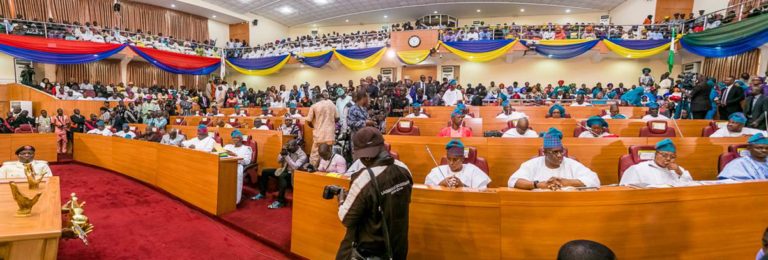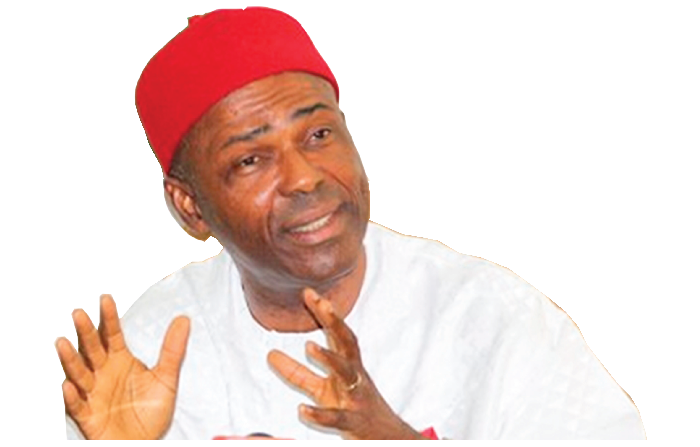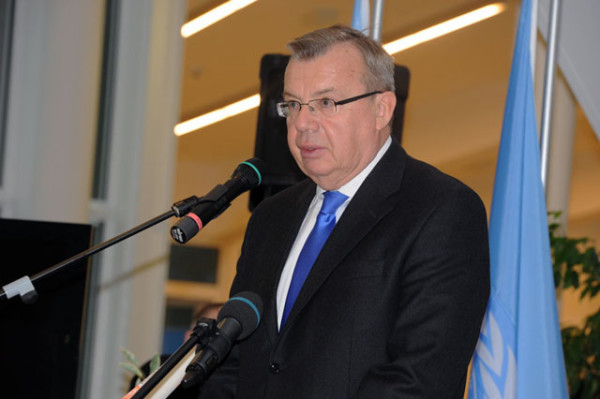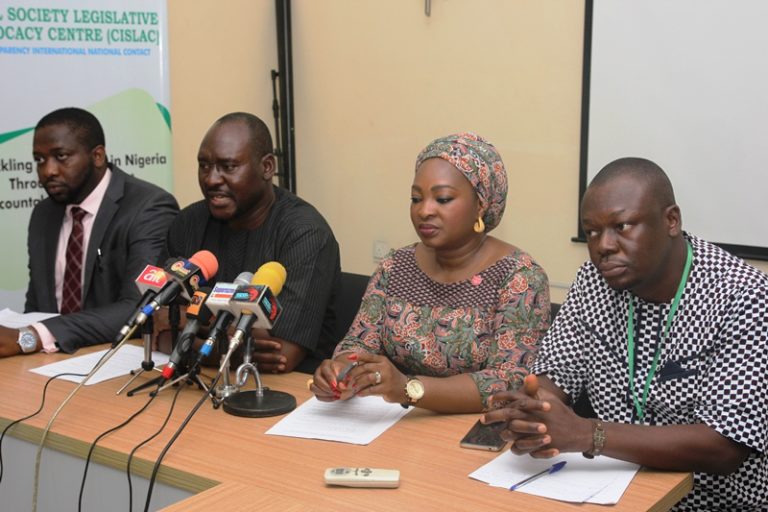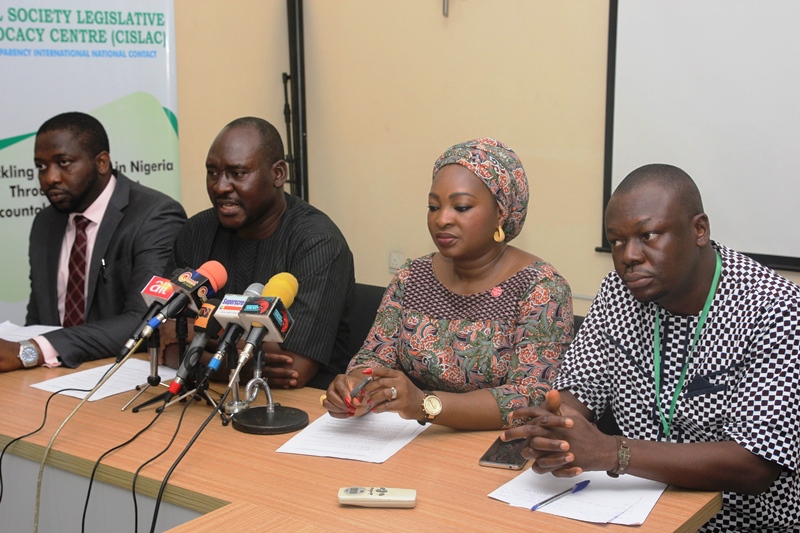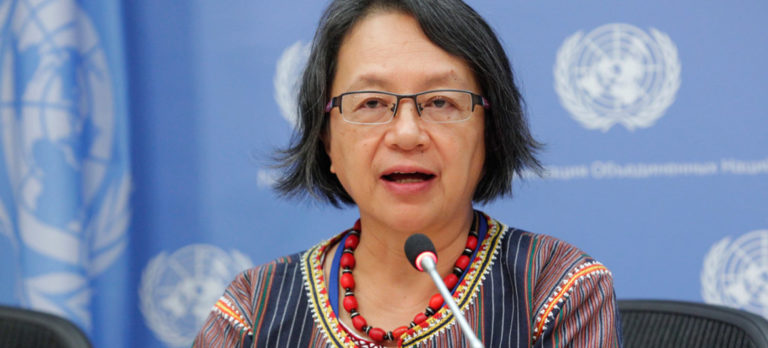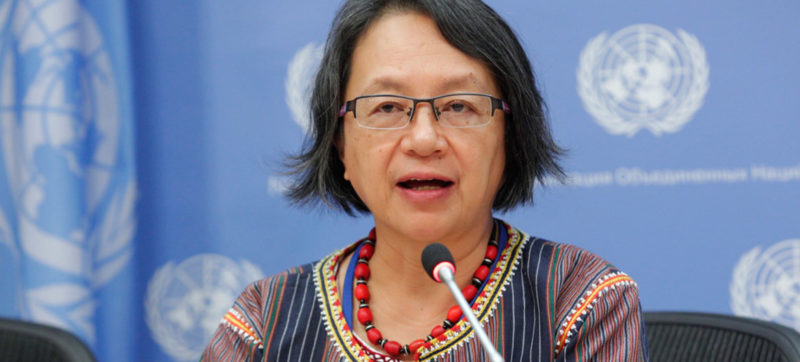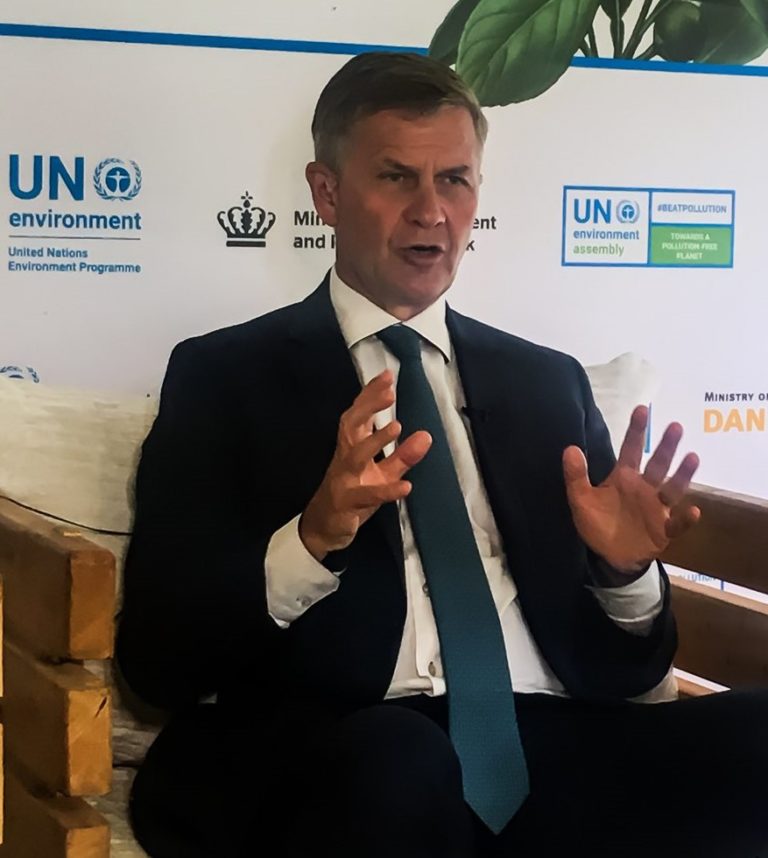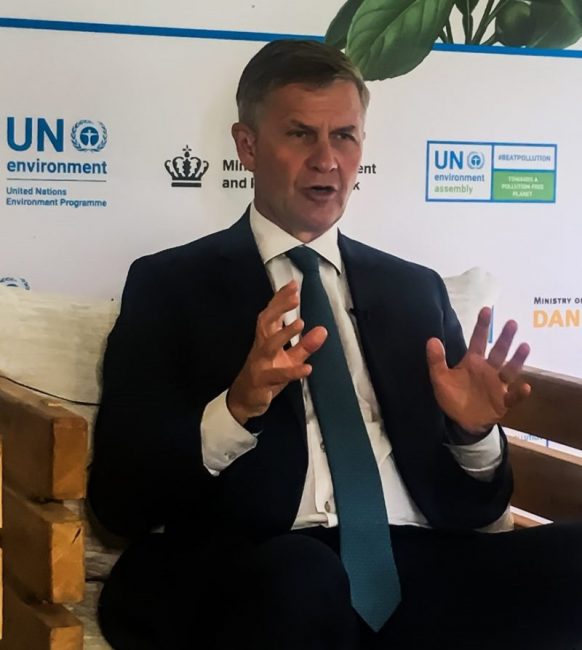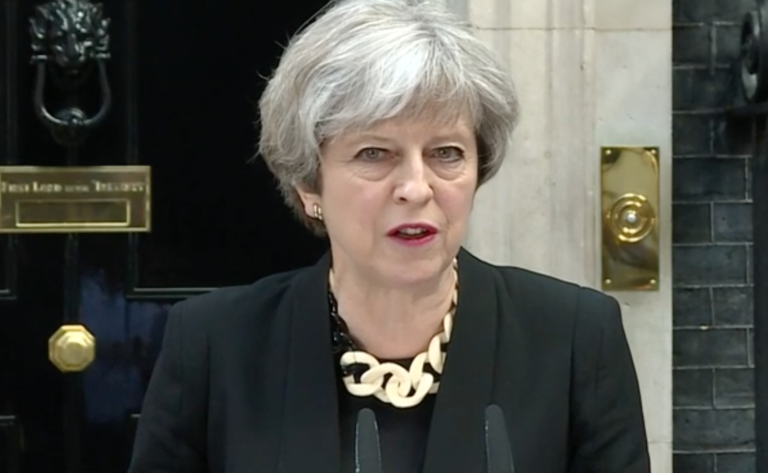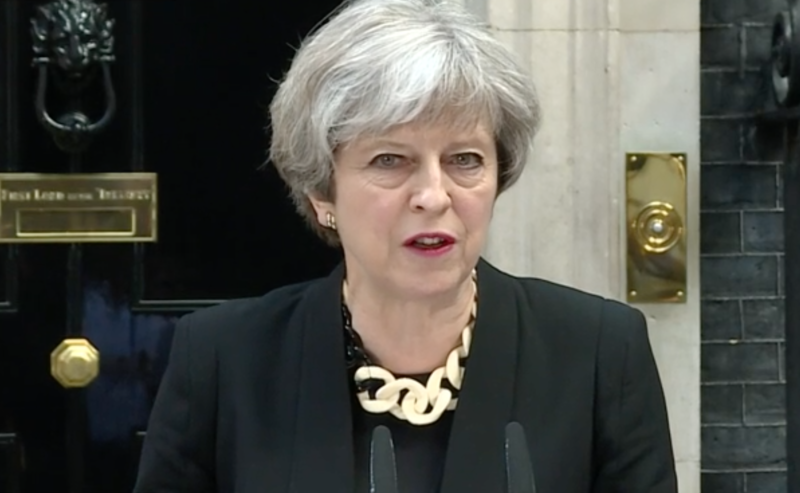Stakeholders, including professional bodies and civil society organisations, on Tuesday, March 27, 2018 demanded a reversal of the new Lagos State Land Use Charge Law, 2018 to its former status, rather than an amendment.
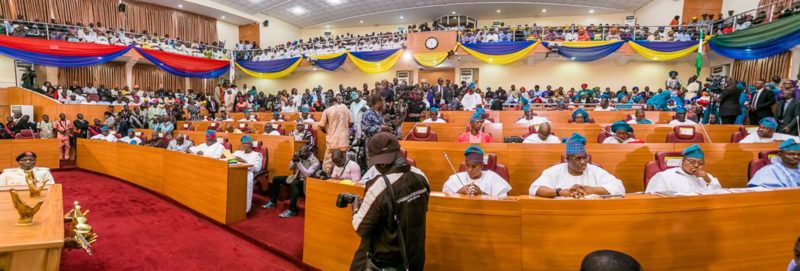
The stakeholders made this position known at a daylong stakeholders meeting organised by the Lagos State House of Assembly on the controversial law that drew condemnation and protests from residents.
The News Agency of Nigeria (NAN) reports that the House organised a Public Hearing on Lagos State Land Use Charge (Amendment) Law, 2018 in response to the protests that greeted the law after Gov. Akinwunmi Ambode’s assent.
According to the stakeholders, the state government has no justification for the increment as the economy is biting hard on the masses.
Mr Fitzgerald Umah, the Chairman, Nigerian Institute of Architects (NIA), Lagos State Chapter, urged the state government to repeal the law and return to the status quo, to help Lagosians in view of the hardship they were facing.
He said increasing the tax without corresponding increase in the salaries of workers would definitely increase the burden of the masses.
Umah frowned at the increased tax on virgin land, saying that people who could not develop their landed property would find it more difficult to build with the new tax.
The Association of Real Estate Developers of Lagos State, which also called for a reversal, said that the masses would bear the burden if the new law was allowed to operate.
Speaking on behalf of the group, Mr Mutairu Olumegbon, its General Secretary, asked the government to clarify whether the new charge was on the land or the property on it.
“The charges are highly exorbitant to the level that it will go back to the poor masses, because it is from what we collect from people that we will pay the government,” he said.
A representative of Lekki Residents Association, Mr Olorogun Emadoye, said that the new law was arbitrary.
Also, Chairman of Estate Surveyors and Valuers in Lagos State, Mr Olurogba Orimolade, faulted the way properties were being assessed in the state, adding that new charges were almost equivalent to the annual income of the property owners.
A representative of National Association of Private Schools Owners Association, Mr Joseph Idornigie, urged the government to exempt private schools from land use charge.
Idomigie, who noted that private school owners were offering social services and parents were paying taxes already, said it would be double taxation if the schools should also pay taxes.
In his remarks, Mr Tunde Braimoh, the Chairman, House Committee on Information, Strategy and Security, decried people’s disregard for legislative procedure and practices.
He said that people don’t take advantage of public hearings on bills.
Braimoh said the hues and cries of the people necessitated the quick amendments of the laws, and expressed satisfaction with the turn out of the people.
“Democracy is not about us, it is about the people, for the people. People are pivotal in every facet of democracy,” he said.
On the walkout of some stakeholders over the short notice, Braimoh said: “The event was put together out of the love and respect we have for the people, to make their voices known on the law.
“If we had taken our time and allowed the disputes to fester, the law will be obeyed anyway, because it is already a law. It has been passed and signed – process of law making is complete.
“If we don’t make haste to review it, the law will continue to operate whether anybody likes it or not. But to avoid this, we cannot fold our hands and allow the law regardless of whether they like it or not.
”That’s why we said the earlier the better to review, amend it and tailor it to the yearnings and aspirations of the people. That’s why we made accelerated process without cutting corners,” he said.
He said that the adverts for the public hearing had been in newspapers over a week for people to come.
Mr Bayo Osinowo, the Chairman of the six-man House Ad hoc Committee on Land Use Charge (Amendment) Law, 2018, said that House was committed to amending the law.
Osinowo said: “Nobody has a monopoly of wisdom. We have listened to the people on the merits and demerits and will have a common position”.
The Speaker of the House, Mr Mudashiru Obasa, said the public still had two weeks more to submit their memoranda on the bill before the House would do anything on it.
On the possibility of the state going back to the status quo, Obasa said: “That is their suggestion; we will look into it and see what we can do. I can’t assure you that we are going to adopt that as our position”.
Obasa said that members of the Nigeria Bar Association (NBA), Ikeja Branch and other civil society organisations that left the public hearing angrily still had two weeks to make their submissions.
By Yemi Adeleye

